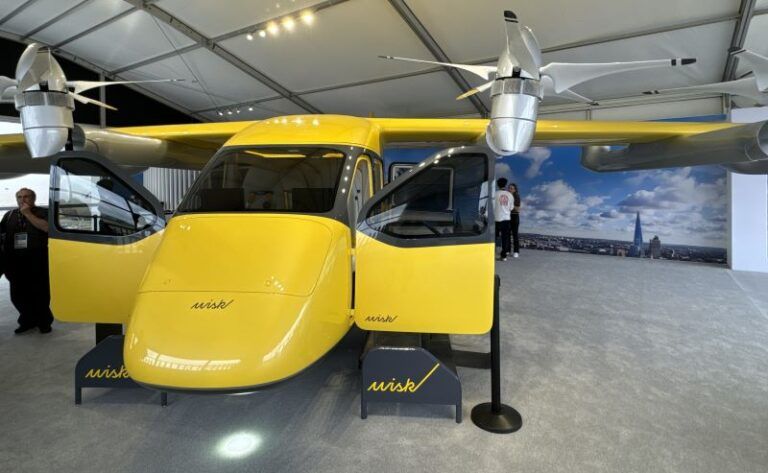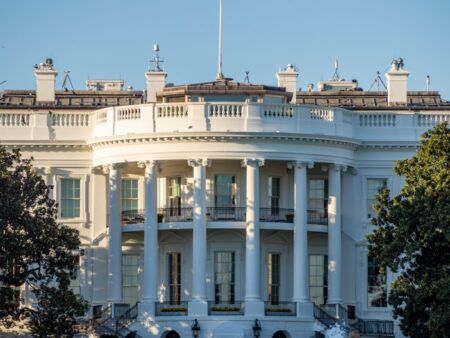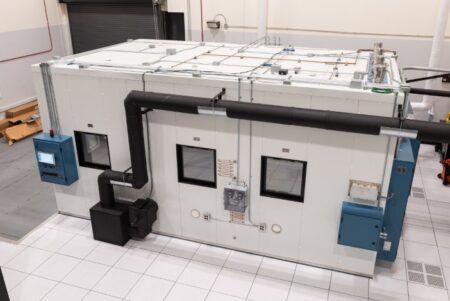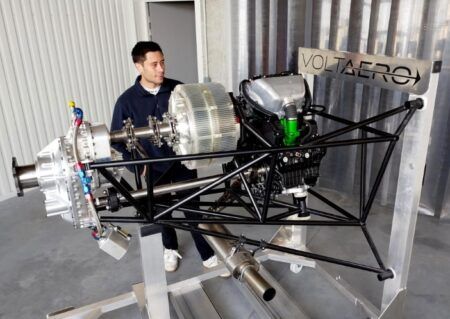Wisk Aero is to work with NASA for the next five years on defining standards for using autonomous aircraft under Instrument Flight Rules in the US National Airspace System.
Boeing-owned Wisk is developing an autonomous eVTOL aircraft, which will be operated without a pilot onboard with human oversight from the ground and carry up to four passengers. The aircraft will have a range of up to 90 miles (144km) and fly at altitudes of 2,500 to 4,000ft at speeds of around 100 to 120mph (160 to 190km/h). The company plans to begin operations before the end of the decade.
Under this latest agreement, Wisk will be part of NASA’s Air Traffic Management Exploration project, conducting R&D using advanced simulation and Live Virtual Constructive flight environments. These testing platforms combine live flights with simulated airspace to assess future operations.
“This new, long-term agreement with NASA is a significant step forward for Wisk and the broader UAM industry,” said Erick Corona, director of airspace operational integration at Wisk. “With NASA’s simulation and LVC capabilities, we can accelerate the development of our Gen 6 autonomous systems to safely and efficiently integrate into the US National Airspace System before the end of the decade.”
The collaboration will focus on three primary research areas: airspace and route design optimized for highly automated Urban Air Mobility (UAM) operations; critical aircraft and ground-based safety system requirements necessary for autonomous flight in urban environments; and Air Traffic Control communications protocols and procedures for seamless integration of UAM aircraft.
Wisk and NASA have collaborated since 2020 to develop guidance for safely integrating autonomous aircraft systems for urban air mobility operations. This expanded agreement builds on their initial work to address more complex operational scenarios.
To begin work under the new agreement, the Wisk and NASA teams held a workshop last month at the Mike Monroney Aeronautical Center in Oklahoma City. The teams discussed how instrument flight procedures and advanced technologies would work together to enable safe and efficient autonomous passenger flight.
Throughout the five-year agreement, the partners will conduct research testing to inform requirements and procedures for future operations. The data collected will help regulators consider future flight procedures and capabilities to advance US leadership in automated aviation technology.
San Francisco headquartered Wisk was founded more than a decade ago and has conducted more than 1,750 test flights with several iterations of eVTOL prototypes.





